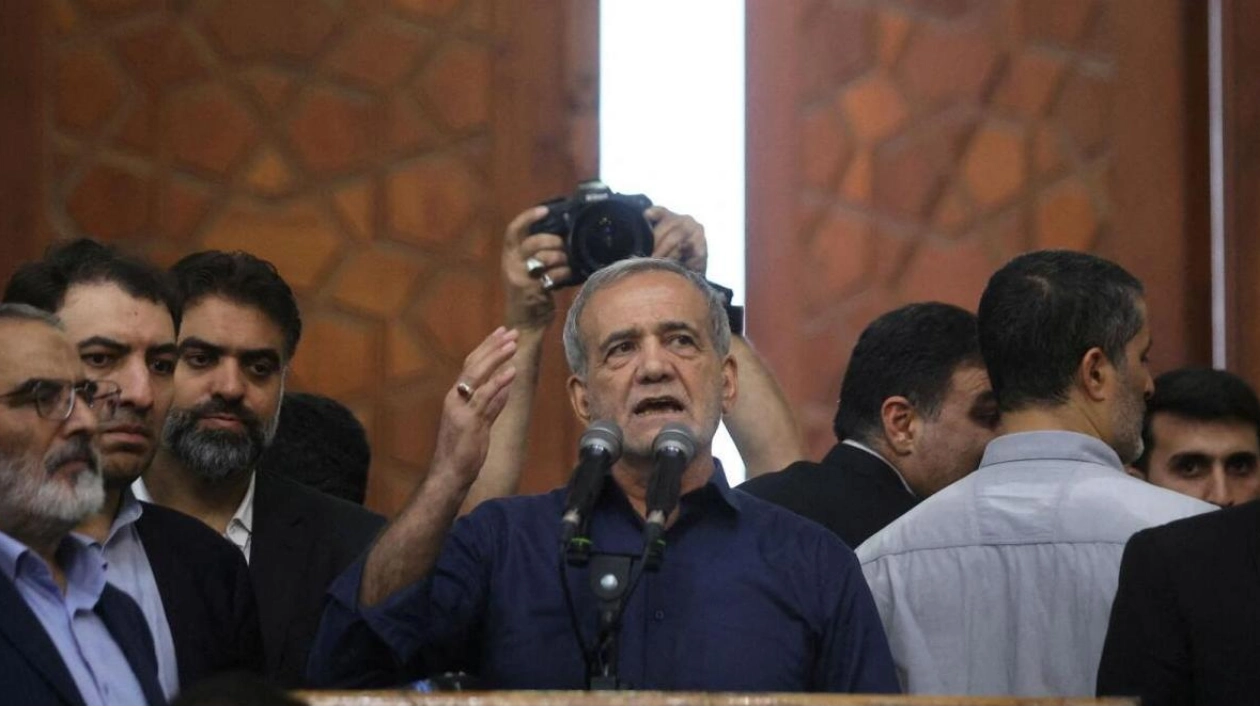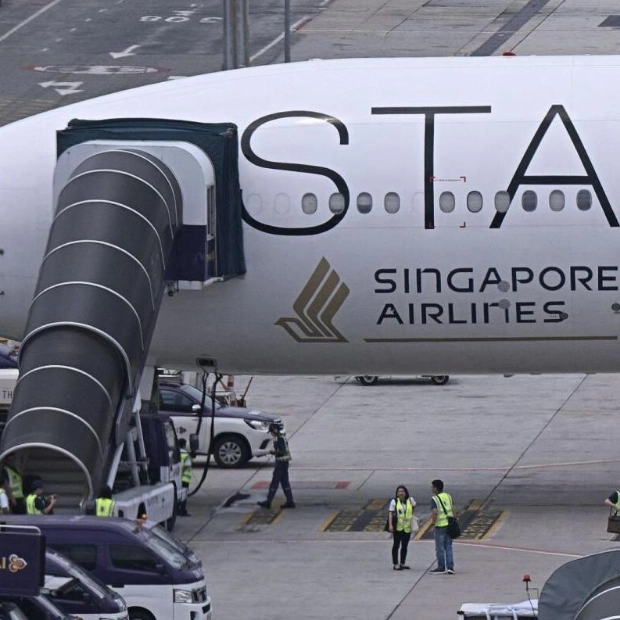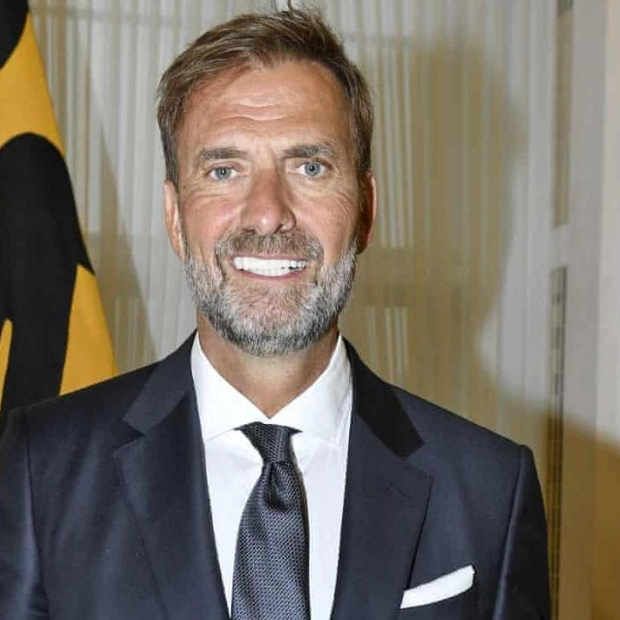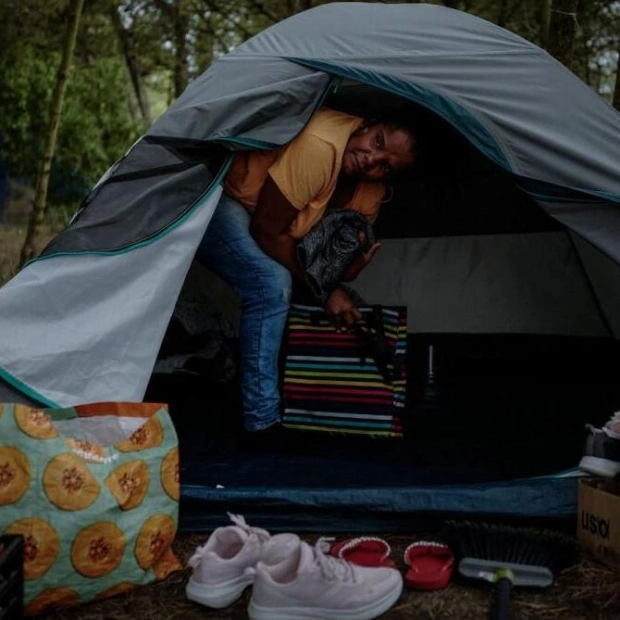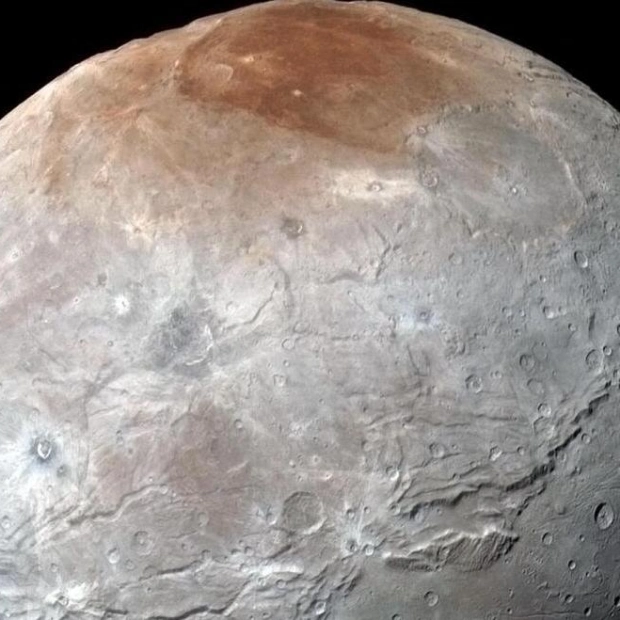The selection of the relatively moderate Masoud Pezeshkian as Iran's president has raised hopes among Iranians for increased social freedoms and improved relations with the West, although significant policy shifts are not anticipated. Iranian political insiders and analysts believe that while Pezeshkian may have a stronger position to address economic challenges, his ability to introduce social freedoms will be constrained. Under Iran's unique system of clerical and republican governance, the president lacks the authority to make major changes to the nuclear program or foreign policy, as these decisions are reserved for Supreme Leader Ayatollah Ali Khamenei.
However, Pezeshkian can influence the direction of policy and will play a key role in choosing Khamenei's successor, who is currently 85. Hardliners, entrenched in key institutions controlled by Khamenei, have historically obstructed both international openness and domestic liberalization. Khamenei has advised Pezeshkian to continue the hardline policies of his predecessor, Ebrahim Raisi, who died in a helicopter accident in May.
Pezeshkian, a 69-year-old former heart surgeon, won the run-off presidential election and is yet to be inaugurated. He has promised a pragmatic foreign policy and a reduction in tensions with the six major powers involved in the stalled nuclear talks aimed at reviving the 2015 nuclear deal. His victory was seen as a defeat for hardliners like Saeed Jalili, who opposed any rapprochement with the West and the revival of the nuclear pact.
Pezeshkian hopes that renewed talks with the West will lead to the lifting of stringent US sanctions, which have caused widespread economic hardship. However, the White House has indicated it is not ready to resume nuclear talks with Iran under the new presidency. Pezeshkian faces high stakes; failure to revive the nuclear deal could undermine his political standing and lead to backlash against the pro-reform camp.
Economic recovery remains a critical issue for Khamenei, and Pezeshkian's top economic priority will be to overcome the impact of US sanctions, which have severely affected Iran's oil revenues. Economic instability could trigger protests, especially given the high expectations set by Pezeshkian's campaign promises.
While Pezeshkian has a close relationship with Khamenei and may facilitate some moderation between factions, he is unlikely to achieve the fundamental changes sought by many pro-reform Iranians. Analysts predict he will face similar constraints to his predecessors, who were ultimately thwarted by hardliners within the clerical and Revolutionary Guards elite.
Pezeshkian's regional policy is expected to align with Iran's established stance, as the control over such policies lies with the Revolutionary Guards, who report directly to Khamenei. In a recent statement, Pezeshkian reaffirmed Iran's support for regional resistance movements against Israel.
